Description
ABSTRACT
An Overview of the Legal and Economic Implications of Nigeria’s Execution of the African Continental Free Trade Area (AfCFTA) Agreement
Uche Val Obi SAN*
The Agreement giving birth to the African Continental Free Trade Area (AfCFTA) was brokered by the African Union (AU) and adopted by 44 of its 55 member states on 21 March 2018. In February 2019, all AU countries, except Eritrea, had become signatories to the AfCFTA, which became operational on 30 May 2019. The AfCFTA aspires to enhance Africa’s participation in the global economy by increasing intra-African trade flows and attracting foreign investment. The promise that AfCFTA represents, when fully operational, is that it would become the world’s largest free trade area by number of countries, and, hopefully, in the not-too-distant future, by trade as well. What does the advent of AfCFTA portend for the economic prosperity of its signatories? What are the operational challenges that member countries must grapple with to achieve a safe berth at the desired harbour? Would this be yet another failed African experiment in regional integration. This article proposes to engage these issues, amongst others, and consider a proposed road map for dealing with the multifarious challenges that currently confront execution of the agreement.
Keywords: AfCFTA, African Union, Economic Prosperity, Foreign Investment, Free Trade, Trade Flows.
INTRODUCTION
Regional economic integration as a critical enabler for the rapid economic development of subscribing States, has been successfully deployed in several regions of the world with the European Union (EU) and the North America Free Trade Agreement (NAFTA) representing some of the concept’s more evident success stories. With Africa bearing a population of over 1.2 billion people and a combined gross domestic product (GDP) of more than US$3.4 trillion,1 economic integration has the latent potential of promoting robust economic growth through exploitation of its market and trade liberalization.
Recent research results conducted by the African Development Bank (AfDB) demonstrate that the trade between African countries was the lowest of all global regions at approximately 15%, compared to 70% within the EU, 54% within NAFTA and 60% in Asia. Thus, given the background of the changing political and economic priorities preoccupying other continents and regions of the world, which evolutionary process is constantly driving greater economic integration, the question of Africa’s integration was no longer a choice. It had become an imperative! The need for Africa to chart a new course for accelerating its economic growth and industrialization using the lever of economic integration as the enabler was long overdue.
* Managing Partner, Alliance Law Firm.
- Angel Gurria, ’18th International Economic Forum on Africa: Africa’s Shifting Boundaries’ (OECD, 31 October 2018) accessed 14 August 2019.

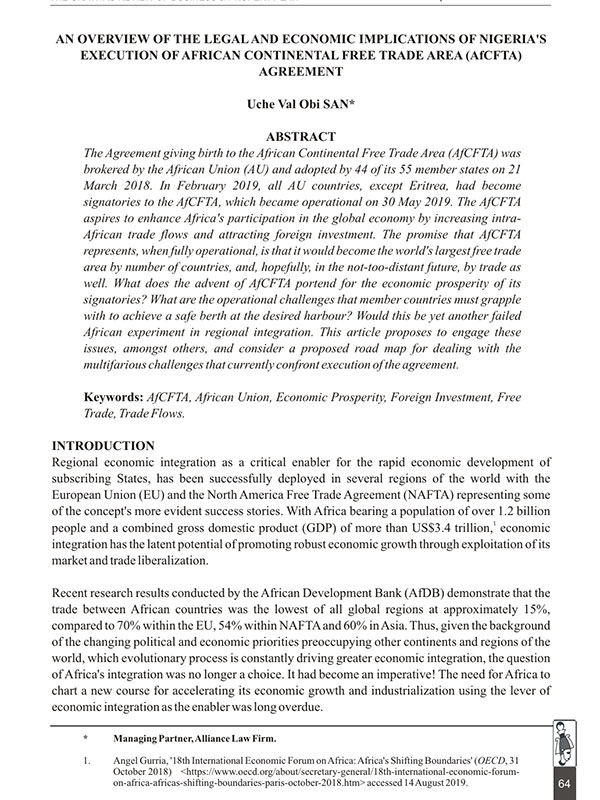
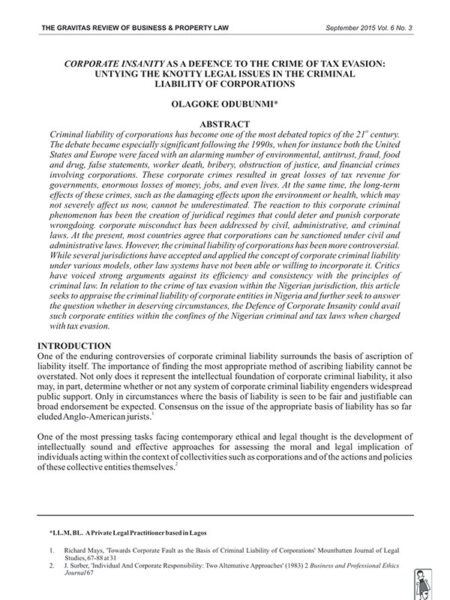
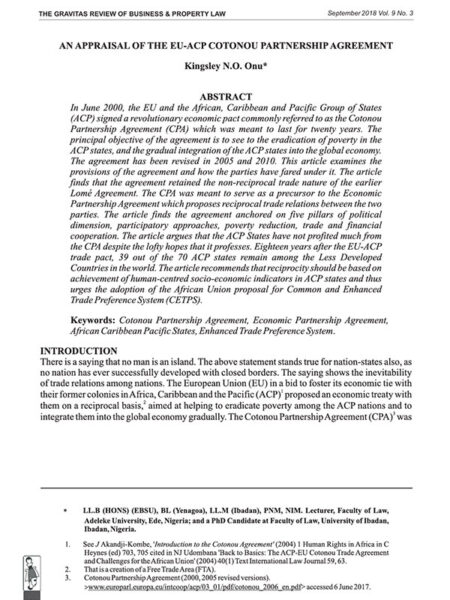
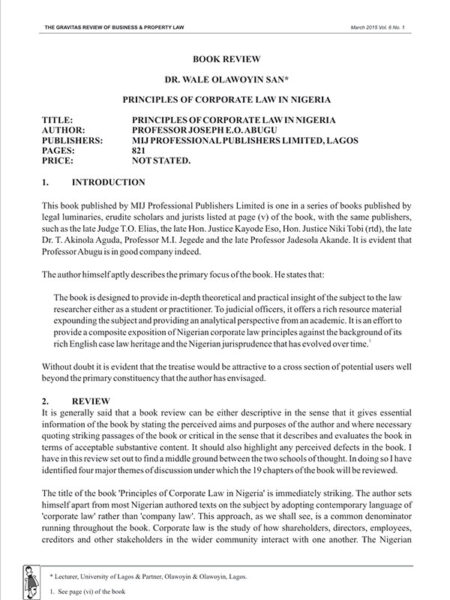
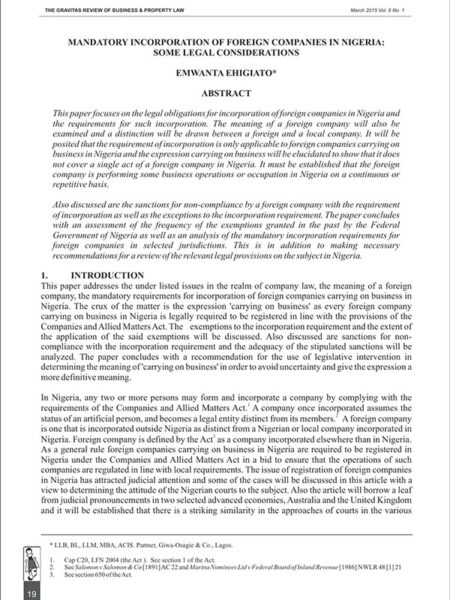


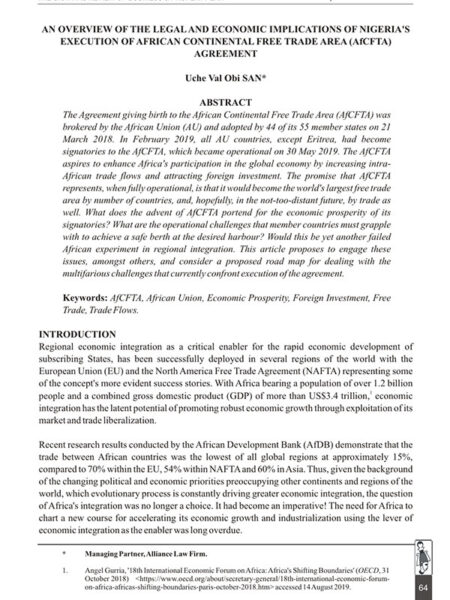
Reviews
There are no reviews yet.